Tag: Magnolia Pictures
-
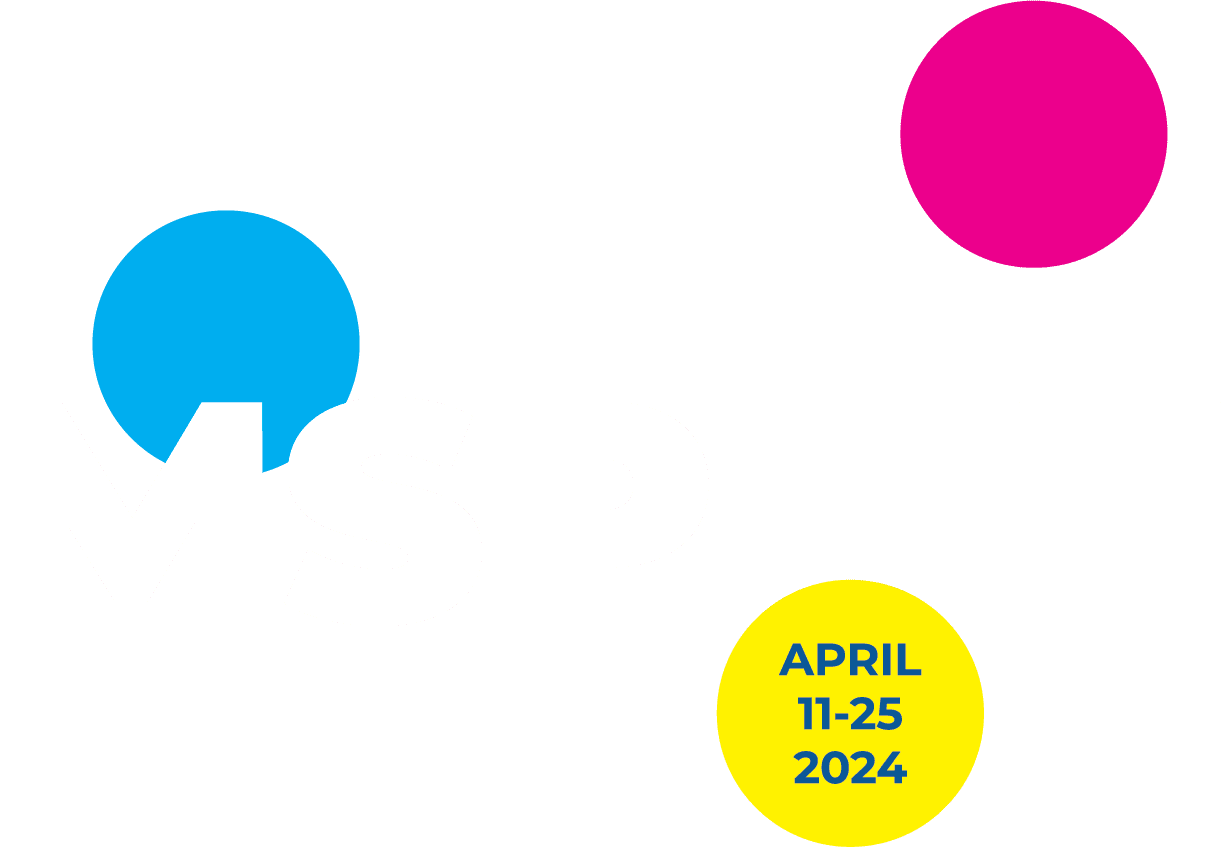
MSPIFF 2024 Volume 2
The largest annual celebration of international cinema in the region MSPIFF43 Volume 2 Writing about film for more than ten years has allowed me to cover movies from blockbusters to indies. It’s also given me the privilege of attending major events like TIFF in Toronto and Sundance in Utah. While traveling around the country is…
-

Movie Review ~ The Promised Land
The Promised Land Synopsis: In 18th-century Denmark, impoverished war hero Capt. Ludvig von Kahlen sets out to tame a vast, uninhabitable land on which seemingly nothing can grow.Stars: Mads Mikkelsen, Amanda Collin, Simon Bennebjerg, Melina Hagberg, Kristine Kujath Thorp, Gustav Lindh, Jacob Lohmann, Morten Hee Andersen, Laura Bilgrau Eskild-Jensen, Magnus Krepper, Felix Kramer, Thomas W.…
-
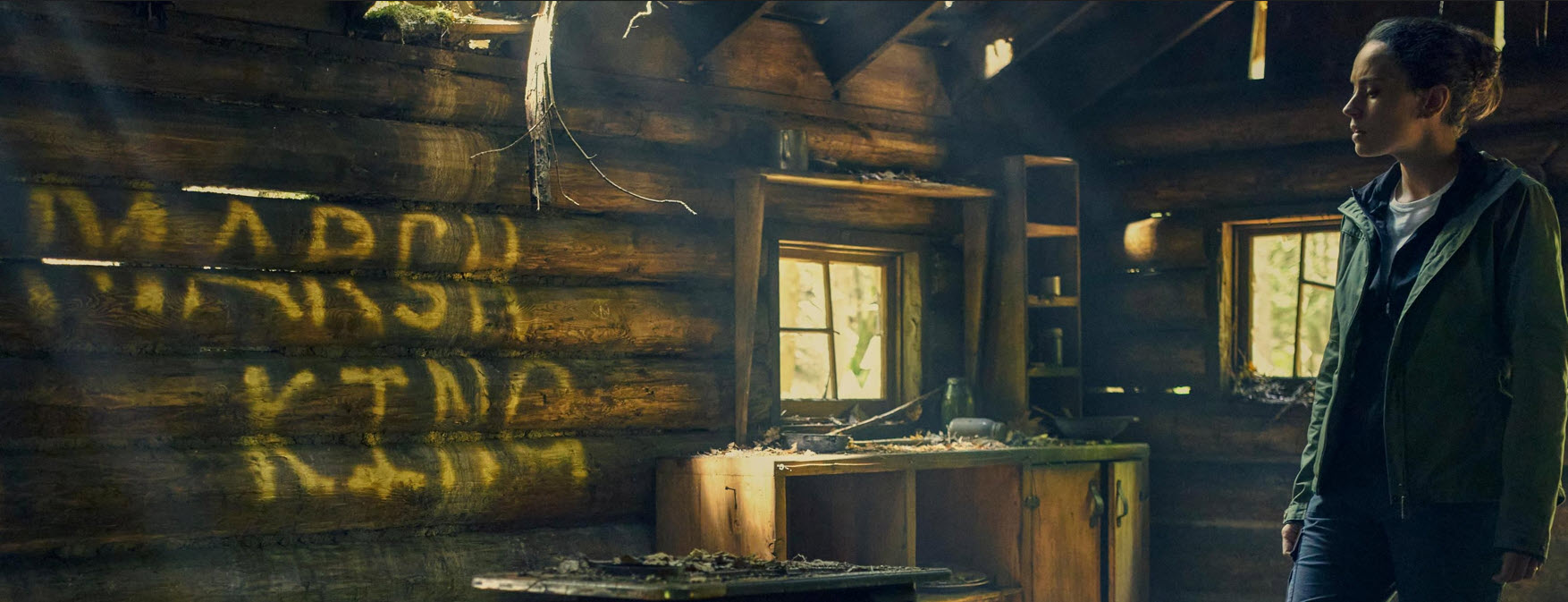
Movie Review ~ The Marsh King’s Daughter
The Facts: Synopsis: A woman with a secret past will venture into the wilderness she left behind to confront the most dangerous man she’s ever met: her father.Stars: Daisy Ridley, Ben Mendelsohn, Garrett Hedlund, Caren Pistorius, Brooklynn Prince, Gil BirminghamDirector: Neil BurgerRated: RRunning Length: 108 minutesTMMM Score: (3/10)Review: At first glance, The Marsh King’s Daughter looks…
-

Movie Review ~ Blue Jean
The Facts: Synopsis: In 1988, a closeted teacher is pushed to the brink when a new student threatens to expose her sexuality.Stars: Rosy McEwen, Kerrie Hayes, Lydia Page, Lucy Halliday, Stacy Abalogun, Deka Walmsley, Gavin Kitchen, Farrah Cave, Amy Booth-Steel, Lainey Shaw, Aoife Kennan, Scott TurnbullDirector: Georgia OakleyRated: NRRunning Length: 97 minutesTMMM Score: (8/10)Review: Though…
-
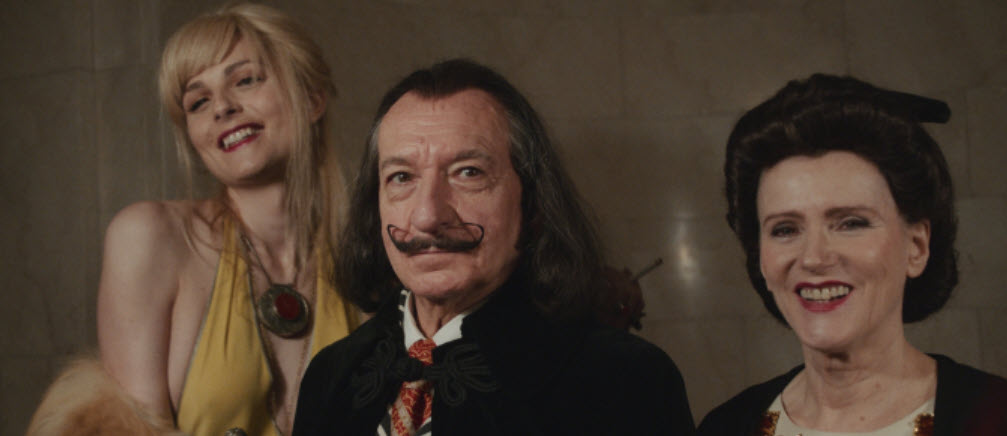
Movie Review ~ Dalíland
The Facts: Synopsis: In 1973, a young gallery assistant goes on a wild adventure behind the scenes as he helps the aging genius Salvador Dali prepare for a big show in New York.Stars: Ben Kingsley, Barbara Sukowa, Christopher Briney, Rupert Graves, Alexander Beyer, Andreja Pejić, Suki Waterhouse, Ezra MillerDirector: Mary HarronRated: NRRunning Length: 97 minutesTMMM…
-

Movie Review ~ Master Gardener
The Facts: Synopsis: Narvel Roth is the meticulous horticulturist of Gracewood Gardens, a beautiful estate owned by wealthy dowager Mrs. Haverhill. When she orders Roth to take on her troubled great-niece Maya as his apprentice, his life is thrown into chaos, and dark secrets from his past emerge.Stars: Joel Edgerton, Sigourney Weaver, Quintessa Swindell, Esai…
-
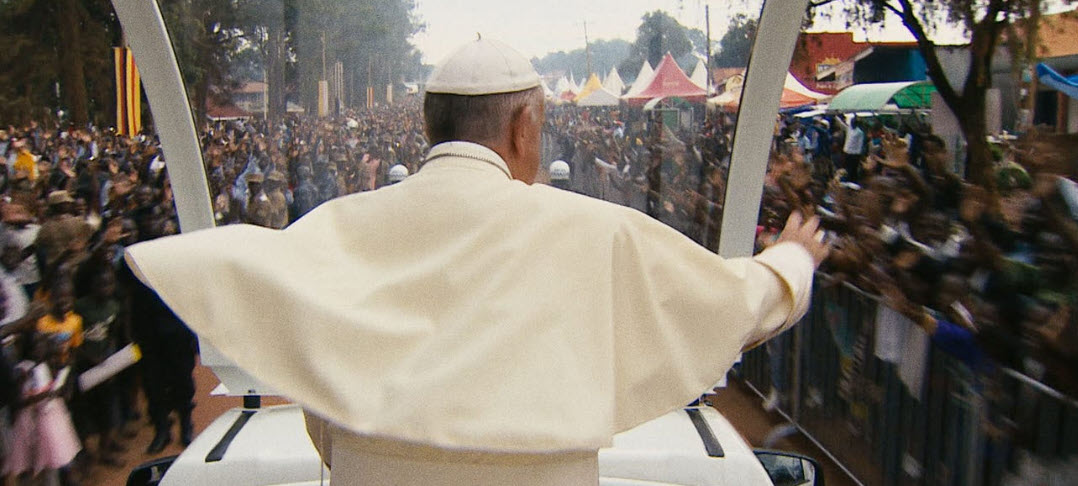
Movie Review ~ In Viaggio: The Travels of Pope Francis
The Facts: Synopsis: A chronicle of the first nine years of Pope Francis’ pontificate, including trips to 53 countries, focusing on his most important issues – poverty, migration, environment, solidarity, and war – while giving rare access to the public life of the pontifical.Stars: Pope FrancisDirector: Gianfranco RosiRated: NRRunning Length: 80 minutesTMMM Score: (7/10)Review: While…
-

31 Days to Scare ~ Piggy
The Facts: Synopsis: When her bullies are kidnapped by a stranger who develops a protective fixation on her, Sara faces a dilemma: help the police find them or seek vengeance on her tormentors. Stars: Laura Galán, Richard Holmes, Carmen Machi, Irene Ferreiro, Camille Aguilar, Claudia Salas, Pilar CastroDirector: Carlota PeredaRated: NRRunning Length: 96 minutesTMMM Score: (8/10)Review: …
-
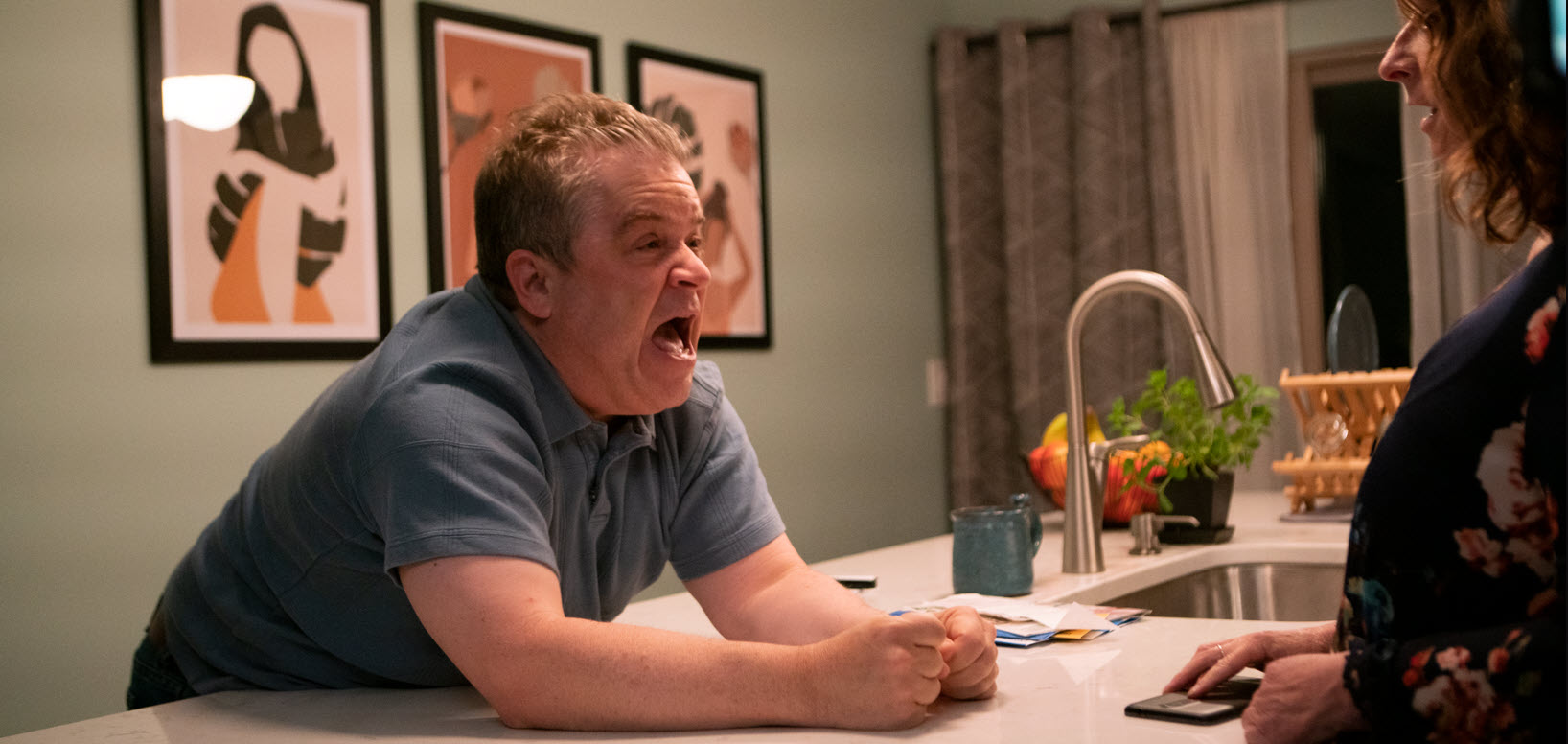
Movie Review ~ I Love My Dad
The Facts: Synopsis: A hopelessly estranged father catfishes his son in an attempt to reconnect.Stars: Patton Oswalt, James Morosini, Rachel Dratch, Claudia Sulewski, Ricky Velez, Lil Rel Howery, Amy LandeckerDirector: James MorosiniRated: RRunning Length: 96 minutesTMMM Score: (8/10)Review: In my family, summer was always leading up to the road trip. Either up to our cabin…
-

Movie Review ~ My Old School
The Facts: Synopsis: In 1993, 16-year-old Brandon Lee enrolled at Bearsden Academy, a preparatory school in an upper-middle-class suburb of Glasgow. After an initially awkward start, Lee — who had, until then, been privately tutored in Canada while on tour with his opera singer mom — would quickly become the school’s brightest and most popular…
Recent Posts
- Movie Review ~ The Idea of You

- Movie Review ~ Nowhere Special

- Movie Review ~ Prom Dates

- Movie Review ~ Unsung Hero

- Movie Review ~ Boy Kills World

Tags
007 20th Century Fox 2012 2013 A24 Amazon Studios Bradley Cooper Columbia Pictures Disney Focus Features Fox Searchlight Pictures Horror Hulu IFC Films James Bond Julianne Moore Lionsgate logo Magnolia Pictures Marvel MGM NEON Netflix New Line Cinema Paramount Paramount Pictures Roadside Attractions Samuel L. Jackson Scarlett Johansson sony Sony Pictures Sony Pictures Classics Studio Teaser The Weinstein Company Thriller Trailer United Artists Universal Universal Pictures Universal Studios Walt Disney Pictures Warner Bros. Pictures Warner Brothers Warner Brothers Pictures
Comments
[…] At his site, Botten listed his ten best and worst films of 2023. He also shared his honorable mentions…
[…] his site, Botten reviewed new releases “The Greatest Night in Pop,” “The Seeding,” “Hundreds of Beavers” and […]